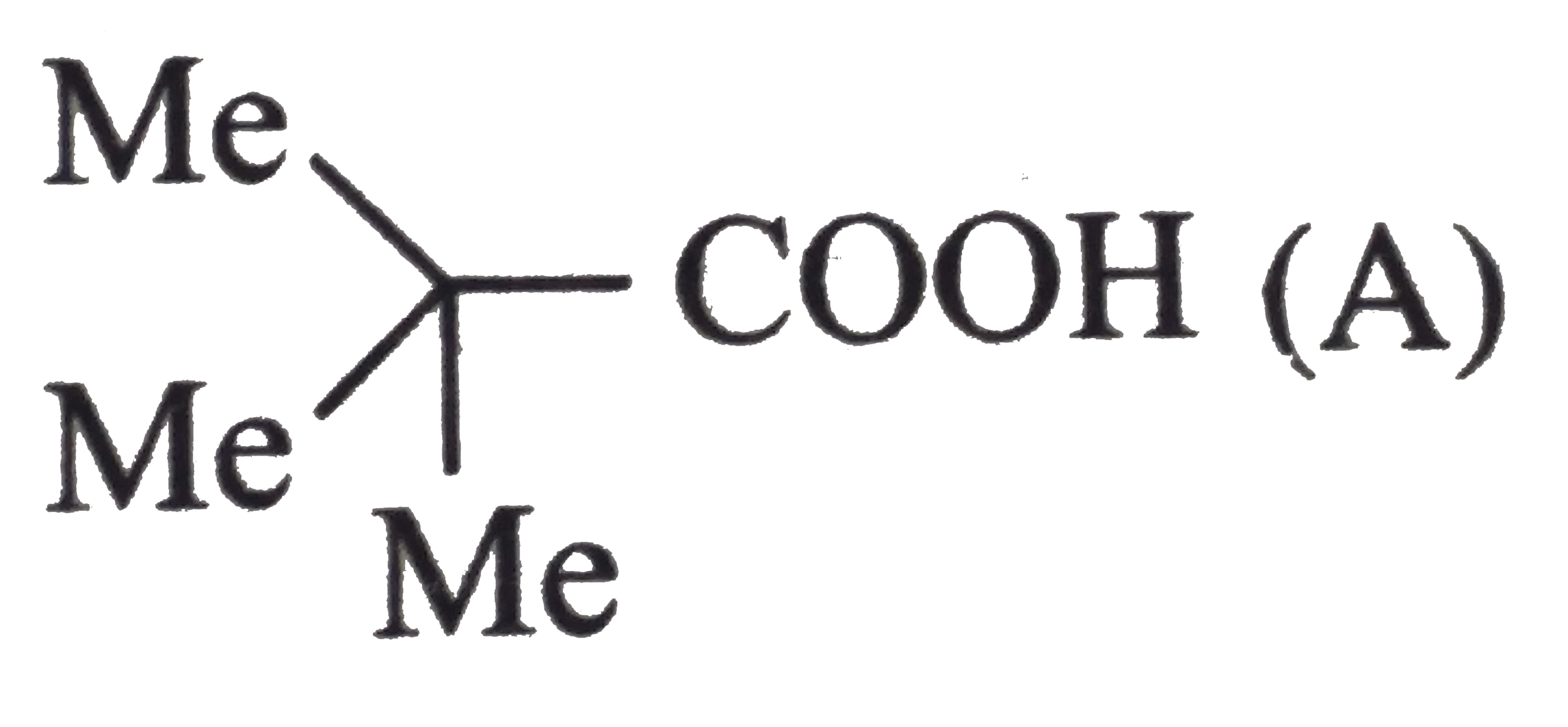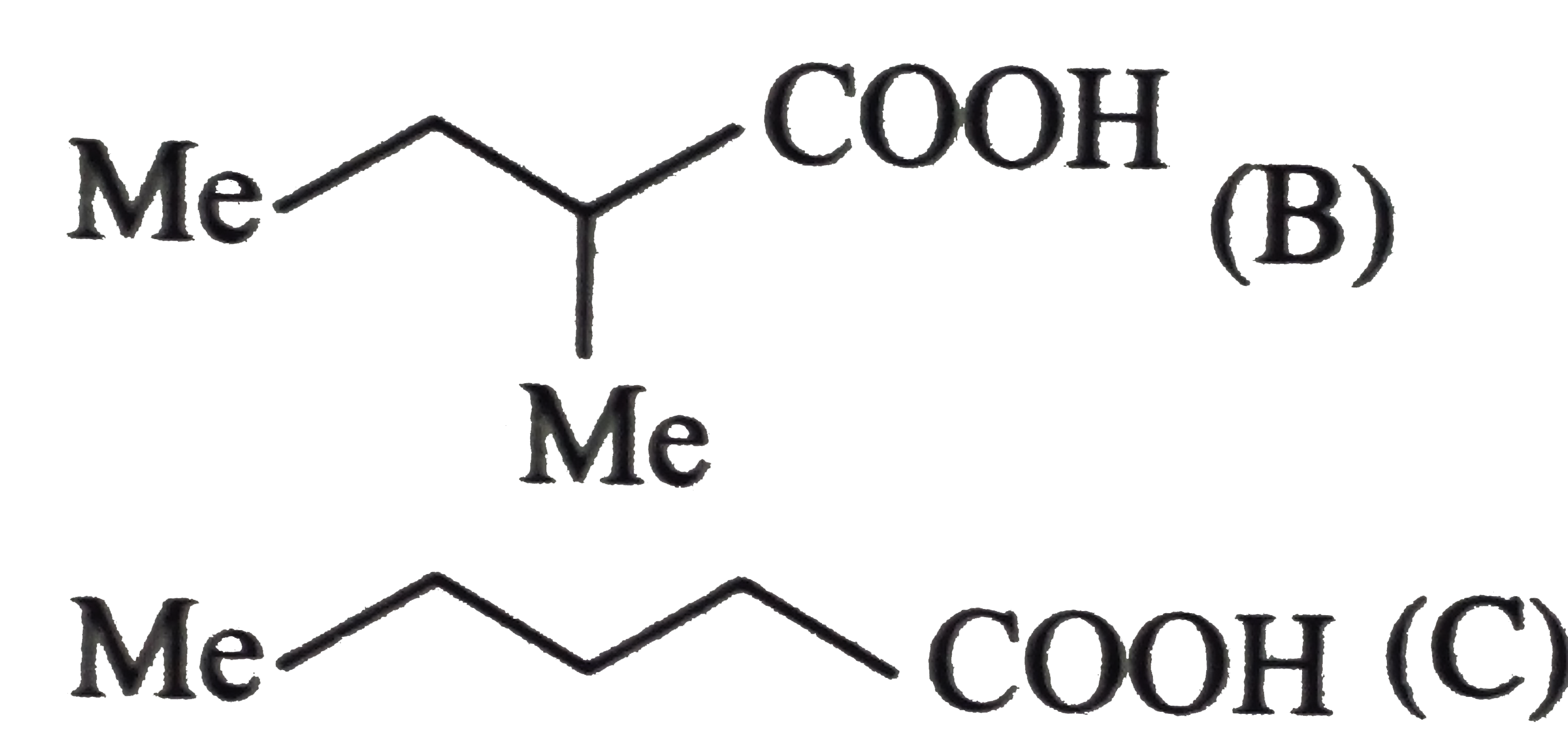Differentiate between the following :
Homozygous and heterozygous individual
Step-by-Step Solution
1. Definition of Homozygous:
- Homozygous individuals have two identical alleles for a particular gene. This means that both alleles are either dominant or recessive.
- Example: An individual with two dominant alleles (TT) or two recessive alleles (tt) for a trait.
2. Definition of Heterozygous:
- Heterozygous individuals have two different alleles for a particular gene. This means that one allele is dominant and the other is recessive.
- Example: An individual with one dominant allele and one recessive allele (Tt) for a trait.
3. Allele Composition:
- In homozygous individuals, the allele composition is uniform (either both alleles are the same dominant or both are the same recessive).
- In heterozygous individuals, the allele composition is diverse (one dominant and one recessive allele).
4. Gamete Formation:
- Homozygous individuals produce only one type of gamete because both alleles are the same. For example, a homozygous tall plant (TT) can only produce gametes with the T allele.
- Heterozygous individuals produce two types of gametes because they have two different alleles. For example, a heterozygous plant (Tt) can produce gametes with either the T allele or the t allele.
5. Phenotypic Expression:
- Homozygous dominant individuals will express the dominant trait (e.g., TT will be tall).
- Homozygous recessive individuals will express the recessive trait (e.g., tt will be dwarf).
- Heterozygous individuals will also express the dominant trait due to the presence of the dominant allele (e.g., Tt will be tall).
Summary Table
| Feature | Homozygous | Heterozygous |
|-------------------------------|------------------------------------|----------------------------------|
| Allele Composition | Two identical alleles (TT or tt) | Two different alleles (Tt) |
| Gamete Formation | Produces one type of gamete (T or t) | Produces two types of gametes (T and t) |
| Phenotypic Expression | Can be dominant (TT) or recessive (tt) | Expresses dominant trait (Tt) |
- Homozygous individuals have two identical alleles for a particular gene. This means that both alleles are either dominant or recessive.
- Example: An individual with two dominant alleles (TT) or two recessive alleles (tt) for a trait.
- Heterozygous individuals have two different alleles for a particular gene. This means that one allele is dominant and the other is recessive.
- Example: An individual with one dominant allele and one recessive allele (Tt) for a trait.
- In homozygous individuals, the allele composition is uniform (either both alleles are the same dominant or both are the same recessive).
- In heterozygous individuals, the allele composition is diverse (one dominant and one recessive allele).
- Homozygous individuals produce only one type of gamete because both alleles are the same. For example, a homozygous tall plant (TT) can only produce gametes with the T allele.
- Heterozygous individuals produce two types of gametes because they have two different alleles. For example, a heterozygous plant (Tt) can produce gametes with either the T allele or the t allele.
- Homozygous dominant individuals will express the dominant trait (e.g., TT will be tall).
- Homozygous recessive individuals will express the recessive trait (e.g., tt will be dwarf).
- Heterozygous individuals will also express the dominant trait due to the presence of the dominant allele (e.g., Tt will be tall).
|-------------------------------|------------------------------------|----------------------------------|
| Allele Composition | Two identical alleles (TT or tt) | Two different alleles (Tt) |
| Gamete Formation | Produces one type of gamete (T or t) | Produces two types of gametes (T and t) |
| Phenotypic Expression | Can be dominant (TT) or recessive (tt) | Expresses dominant trait (Tt) |
Topper's Solved these Questions
- BOOK - MBD -HARYANA BOARDCHAPTER - PRINCIPAL OF INHERITANCE AND VARIATIONSEXERCISE - EXERCISE51videos
PRINCIPAL OF INHERITANCE AND VARIATIONS
- BOOK - MBD -HARYANA BOARDCHAPTER - ORGANISM AND POPULATIONEXERCISE - EXERCISE25videos
ORGANISM AND POPULATION
- BOOK - MBD -HARYANA BOARDCHAPTER - PRINCIPLES AND PROCESSES IN BIOTECHNOLOGYEXERCISE - EXERCISE26videos
PRINCIPLES AND PROCESSES IN BIOTECHNOLOGY
Similar Questions
Differentiate between the following.
Homospory and heterosporyView SolutionDifferentiate between the following.
Flora and faunaView SolutionDifferentiate between the following.
Apogamy and aposporyView SolutionDifferentiate between the following :
Amylose and AmylopectinView SolutionDifferentiate between the following
Tendons and ligaments.View SolutionDifferentiate between the following acids :
(a)
(b) View Solution
View SolutionDifferentiate between homozygous and heterozygous organisms.
View SolutionDifferentiate between the following.
Zoo and wildlife sanctuaryView SolutionDifferentiate between the following.
Prothalius and protonemaView SolutionDifferentiate between the following.
Gametophyte and sporophyteView Solution

